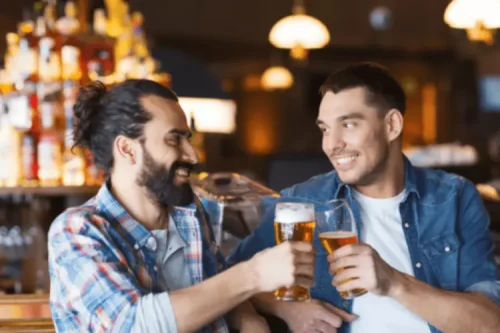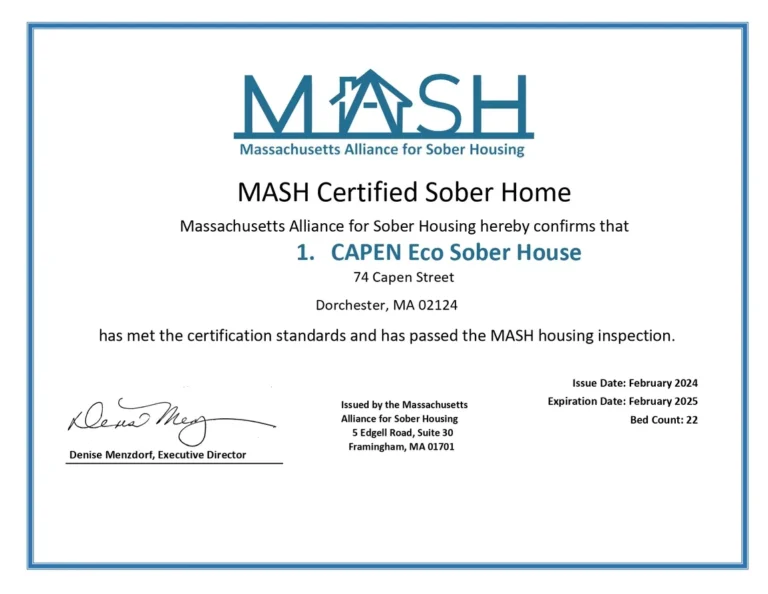
During a normal night of sleep, we cycle through periods of light sleep, deep sleep, and rapid eye movement (REM) sleep. Each sleep stage plays an essential function, but deep sleep and REM sleep are considered the most important stages for physical https://ecosoberhouse.com/ and mental restoration. Maintain a regular sleep schedule and create a relaxing bedtime routine to promote better sleep quality, regardless of alcohol consumption. Alcohol can contribute to dehydration, which can further disrupt sleep quality.
How do I get a good night’s sleep after drinking?
Experiencing these two brain wave activities at the same time is thought to inhibit quality rest. Additionally, alcohol inhibits REM sleep, which is often considered the most mentally restorative phase of sleep. First off, while wine and other alcohols have notorious sedative effects, it’s important to note that these drinks also does alcohol help you sleep have calories, which means they give us energy, too. So while alcohol is being processed, before you begin to feel a bit drowsy, the calories are being converted to energy. While alcohol may initially help you fall asleep faster, it can disrupt your overall sleep quality and lead to frequent awakenings throughout the night.
- Sleep and circadian rhythm disruption from alcohol also contribute to next-day tiredness, fatigue, irritability, and difficulty concentrating.
- Similarly, studies on bereaved individuals have found that using alcohol to cope with grief increases the risk of developing major depression, which is itself a risk factor for sleep disturbances.
- Head over to our About page to learn more about the team behind Sleepopolis.
- Drinking to fall asleep regularly can build up a tolerance to alcohol, gradually lessening booze’s ability to help you drift off, according to the National Sleep Foundation.
- Seek medical advice if you think you have a sleep disorder or alcohol abuse problem.
Why Does Alcohol Make Me Bloated?

For example, research shows high doses of alcohol may decrease your blood pressure for up to 12 hours and then increase your blood pressure after that. Moreover, it can take one hour for your body to process one serving of alcohol. If you’ve had several drinks, it’s best if your last drink is finished at least several hours before you go to bed.
- “Typically, it’s advised to stop drinking alcohol around three to four hours before bed.
- Drinking too much is likely to have the opposite effect and leave you feeling groggy and possibly hungover the next day.
- A recent government inquiry highlighted the lack of regulation of the CPAP industry, and there’s concern about people just buying machines (sometimes online) directly, without any medical supervision.
- When alcohol finally leaves your bloodstream, you’re often jolted awake as your nervous system, coming off of several hours in a depressed state, tries to achieve homeostasis by lurching into active mode.
- Finally, going to bed with alcohol in your system increases your chances of having vivid dreams or nightmares, or sleepwalking and other parasomnias.
REM Sleep Disorder and Alcohol
Make sure to drink plenty of water before, during, and after consuming alcohol. Following the Dietary Guidelines for Americans, limit your alcohol consumption to moderate levels—up to one drink per day for women and up to two drinks per day for men. There’s a complicated relationship among depression, alcohol, and sleep.
- Alcoholic beverages can cause bloating for various reasons, including the type of drink, carbonation, its ingredients, and anything added to it.
- If you sleep better when you don’t drink, you might consider stopping alcohol use entirely.
- Plus, we’ll cover how you can use the RISE app to get a better night’s sleep, whether you’re drinking or not.
- Dr. Seema Khosla is the medical director of the North Dakota Center for Sleep and a medical advisor for MedBridge Healthcare.
How does alcohol affect sleep?
Circadian rhythms regulate nearly all of the body’s processes, from metabolism and immunity to energy, sleep, and sexual drive, cognitive functions, and mood. Lindsay Modglin is a nurse and professional writer who regularly writes about complex medical topics, as well as travel and the great outdoors. She holds a professional certificate in scientific writing from Stanford University School of Medicine and has contributed to many major publications including Insider and Verywell. As a passionate advocate for science-based content, she loves writing captivating material that supports scientific research and education.




Leave a Reply